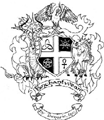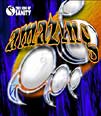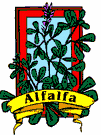
Alfalfa is a forage legume. Also known as lucerne in most of Europe, Australia, and New Zealand. Sometimes called purple medic or Chilian clover.
- botanical information
- history
- part used
- nutritional information
- magick correspondences and uses
- health care
- Chinese herbology
- Ayurvedic herbalism
- medicinal teas
- cautions and contraindications
- planting and growing
botanical information:
Botanical name: Medicago sativa
Common name: alfalfa (United States), Chilean clover, Kuthirai Masal (Tamil), lucerne (United Kingdom), Lucerne grass (India), purple medic
Use the botanical name when ordering seeds (bulbs, etc.) or when looking up information in the library. Common names vary by nation, culture, and region, and sometimes the same common name is applied to different plants.
Family: Fabaceae
Height: 1 meter (3 feet)
history:
History: Alfalfa has been used as an herbal medicine for at least 1,500 years.
part used:
Part Used (Ayurvedic medicine): Herb (above ground parts of the plant).
|
Part Used: Seeds, sprouts, and the above-ground parts of the plant as a bulk herb, for teas, and in capsules. Information courtesy of Mountain Rose Herbs |
nutritional information:
Eat at least one serving of alfalfa per month, taking in account the season and local availability. Alfalfa is normally eaten as sprouted seeds (alfala sprouts). You can sprout alfalfa at home. For more information on healthy diet, see Goddess Diet Plan.
nutritional value per 1 cup alfalfa sprouts:
- Calories: 40 calories
- Proteins: 1 grams
- Fat: trace
- Cholesterol: 0 milligrams
- Carbohydrates: 1 gram
- Fiber: 1 gram
- Sodium: 2 milligrams
nutritional value per 1 tablespoon (tbsp) alfalfa sprouts:
- Calories: 1 calories
- Proteins: trace
- Fat: trace
- Cholesterol: 0 milligrams
- Carbohydrates: trace
- Fiber: trace
- Sodium: 0 milligrams
Alfalfa sprouts are an alkaline-producing food (measured by the ash content resulting from laboratory titration.
See also Chinese herbalism below for Chinese gender and Chinese flavor.
|
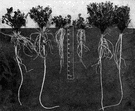
magickal correspondences and uses:
Gender: feminine (traditional western European magickal gender)
Magickal substitutions: Rosemary usually may be safely substituted for any herb in magick spells and rituals. Roses may safely be substituted for any flower.

Magical Uses information courtesy of 
|
health care uses:
Health Notice: Attempting to be an amateur doctor is potentially dangerous to your health. This web page is not professional medical advice. Nothing on this website should be considered as a substitute or replacement for professional medical advice. Persons should seek the advice of qualified health providers. Self-medication should not be used as a substitute for professional medical care. Please confirm all self-medication with your doctor or health care professional. See the article on healing for recommended healers.
traditional medicine:
Traditional Medicine: While many traditional practices have been scientifically verified, some are now known to be dangerous. Seek the advice of qualified health care providers.
Chinese herbalism:
Chinese gender: Alfalfa sprouts are yin (cool)
Young alfalfa leaves were used to treat disorders of the digestive tract and the kidneys in early traitional Chinese medicines.
Ayurvedic herbalism:
Ayurvedic Doshas: PK- V+ Pitta decreases; Kapha decreases; Vata increases.
Part Used: herb (above ground parts of plant)
Taste: astringent, sweet
Energy: cooling
Vipaka: (Post-Digestive Effect) pungent
Tissues: plasma, blood
Systems: circulatory, urinary
Actions: alterative, diuretic, antipyretic, hemostatic
Indications: ulcers, edema, arthritis, vitamin deficiency, mineral deficiency
Precautions: high Vata
Preparation: infunsion, powder (250 mg to 1 g)
Alfalfa leaves are used in Ayuvedic medicine to treat poor digestion. Alfalfa seeds
Alfalfa seeds are used to make a cooling poultice to treat boils.
For more information, see the article on Ayurvedic medicine.
herbal healing:
In homeopathic medicine, alfalfa is used to treat anemia, diabtes, indigestion, and bladder disorders, as well as to increase appetite (contributing to weight gain), as a diuretic (to increase urination), as an estrogen replacement (to increase breast milk and mitigate premenstrual syndrome), as a dietary supplement, and to lower blood cholestrol levels.
medicinal tea:
Medicinal tea: Leaves are prepared in a tea by infusion.
cautions and contraindications:
Cautions and contraindications: Alfalfa is considered safe by the U.S. Food and Drug Administration. Too much fresh alfalfa may lead to colic in horses. Too much alfalfa may cause Heinz-body anemia in dogs, cats, and herbivores. The seeds of alfalfa contain the toxic amino acid L-canavanine, which may cause blood disorders in humans and aminals. Only use alfalfa in prebloom stages of growth. Alfalfa may trigger allergic responses in humans and animals who are sensitive to pollens.
Some herbs may be poisonious under some conditions. Exercise appropriate care.
Wild gathering: Avoid wild gathering. Some plants are endangered species. Please grow your own herbs in your own goddess garden (or window boxes).
planting and growing:
Planting: Alfalfa will completely take over any garden it is planted in. If you decide to plant alfalfa, plant it in a separate location and be very vigilant to remove any alfalfa (including the complete roots) that starts growing in your regular garden.
Planting: You can grow alfalfa sprouts in a large glass jar. Sprouts do not need sunlight to grow, and therefore can be grown in any room in the house.
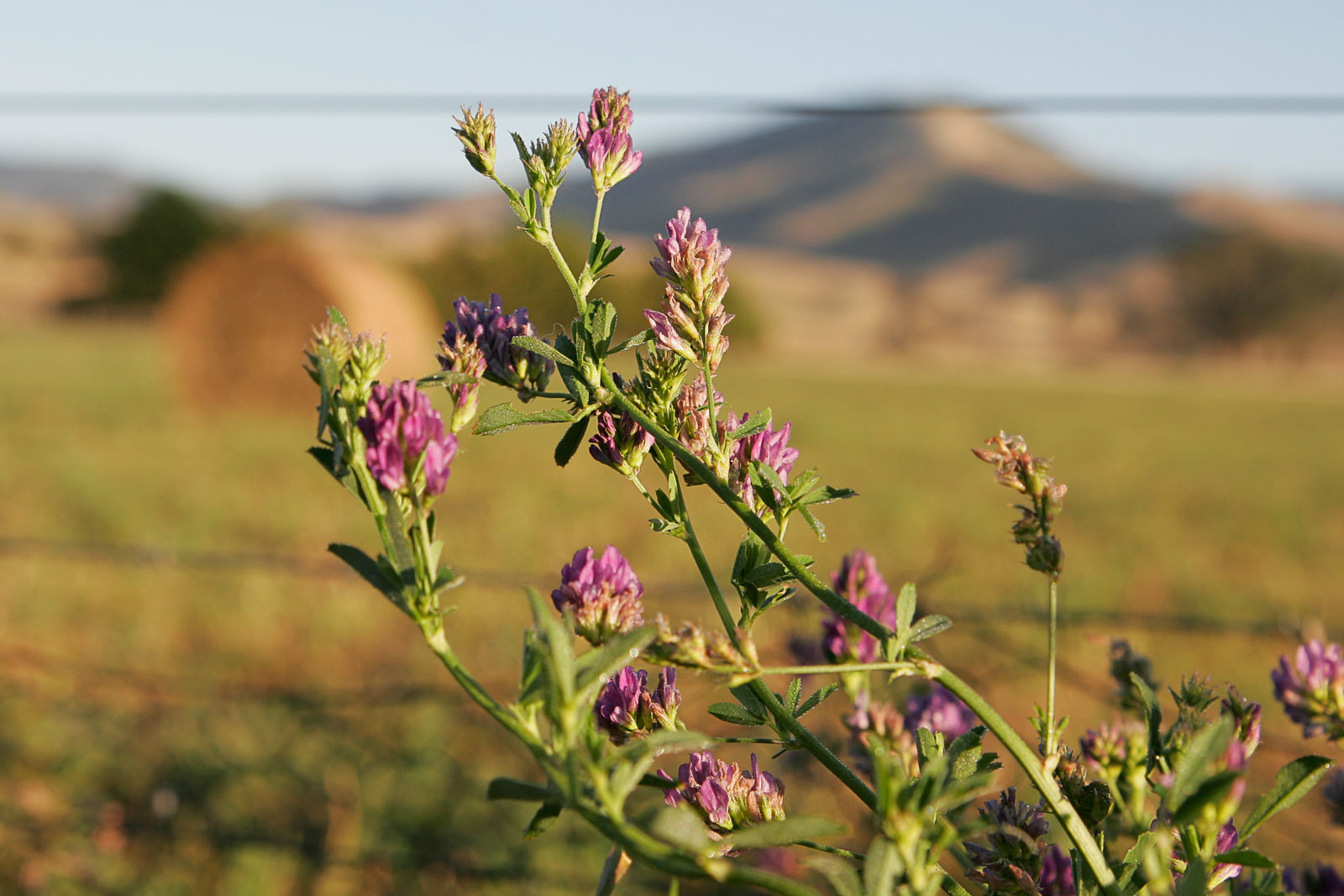
See also: alfalfa sprouts and herbs
next herb
herbs |
||
| previous plant |
next plant |




